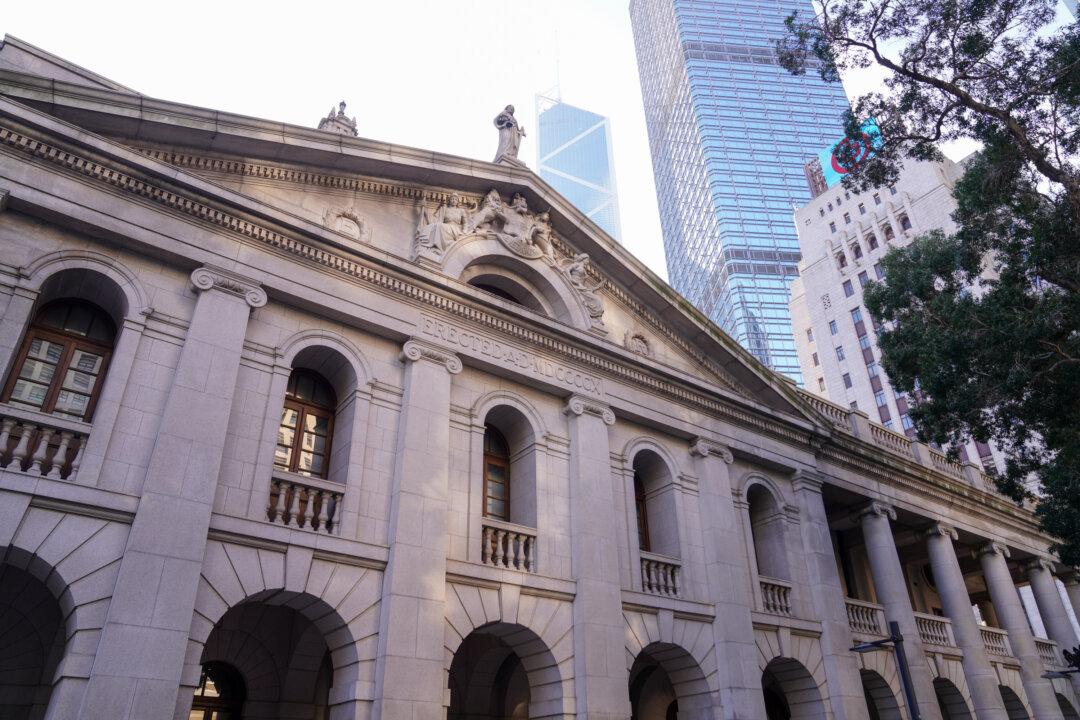British judge Lord David Neuberger is facing pressure from rights groups to step down from Hong Kong’s top court after upholding the convictions of British citizen Jimmy Lai and six others over their roles in the 2019 pro-democracy protests in the city.
In a letter published on Monday, 45 nongovernmental organizations (NGOs) from around the world criticized Neuberger, saying the judge had not been “eager to provide any dissenting opinion to emphasise the importance of free peaceful assembly and free speech in Hong Kong,” and urged him to “seriously reconsider” his position on the Hong Kong Court of Final Appeal (HKCFA).





